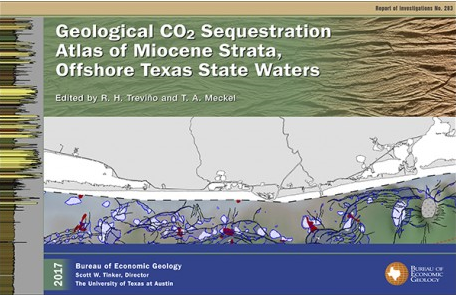Research Theme D
Commercialization of Monitoring Methods: How to Make Monitoring Cost-effective and More Reliable?
Many monitoring techniques for assurance of carbon storage have been demonstrated in research-oriented and pilot projects. Theme D will focus on streamlining design of industrial-scale monitoring programs. Methods inlcude field demonstration of monitoring tools and development of monitoring network optimization strategies under a risk-informed paradigm, with connection to evolving regulation and certification frameworks. Research activities will consider prioritization of monitoring methods, optimization of monitoring spatially and temporally with relationship to sensitivity and site specific characteristics, transformation of complex models for fast adaptive monitoring design, realistic cost, and monitoring tool demonstration.

Research under this theme anticipates:
- Field tests: We will continue to have active roles in the SECARB early test, large volume industrial CO2 injection at Hastings field for EOR (Air Products and Lake Charles Leucadia sources) and design and implementation of monitoring at West Ranch (CCPII capture from coal at NRG's WA Parish plant). We will assist as planned with the Texas Clean Energy Project if it reaches maturity. GCCC's role in these federally funded projects continues to extract lessons learned from commercial projects so that they may be applied to other projects. We will seek other tests with which we can engage in any role, from reviewers to active participants to synthesis.
- We will pursue field observations that test innovative monitoring tools and strategies. Small, targeted tests, such as at the UT Brackenridge field lab, provide excellent opportunities; we will seek to conduct such tests.
- We will seek opportunities to support development and application of needed tools and through our own efforts as well as supporting collaborations (e.g. with SBIR funded tool designers).
- We will work towards developing optimal monitoring strategies. Part of optimization is consideration of cost and benefit. DOE has recently completed cost assessments for CCS. Monitoring and verification optimization considering cost, however, has not been rigorously assessed. We will develop a framework to feed optimization studies (technology selected, number of sample points, sample frequency and duration, sensitivity, site-specific parameters) into a cost framework.

